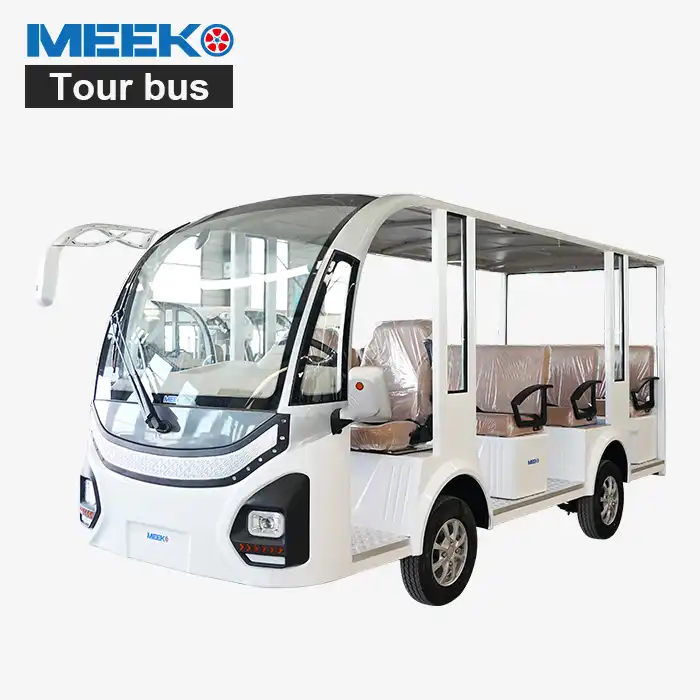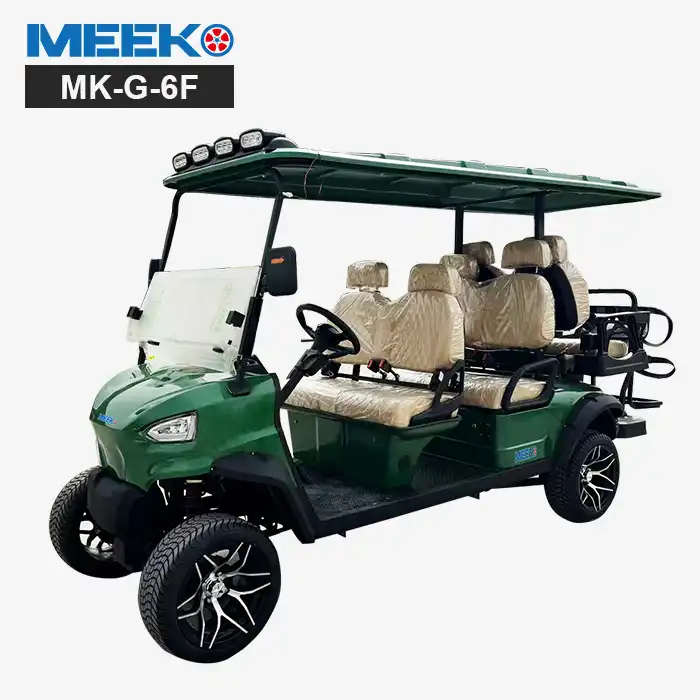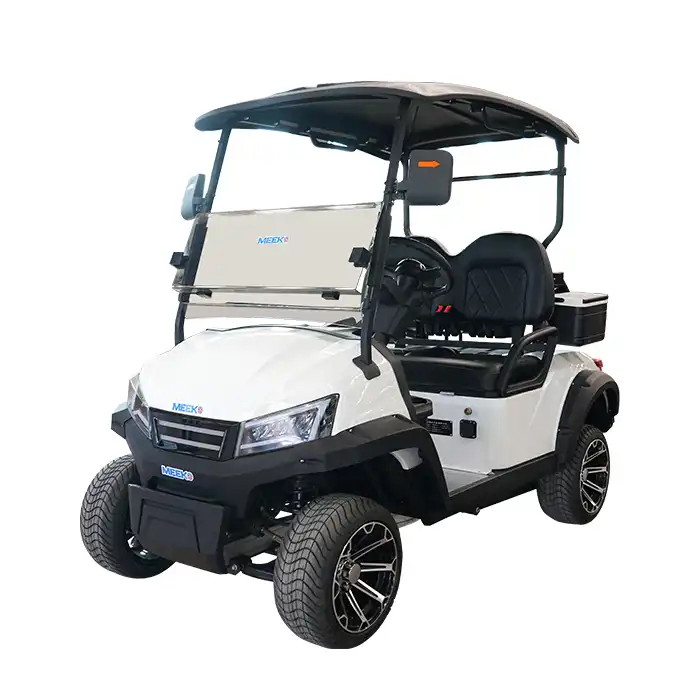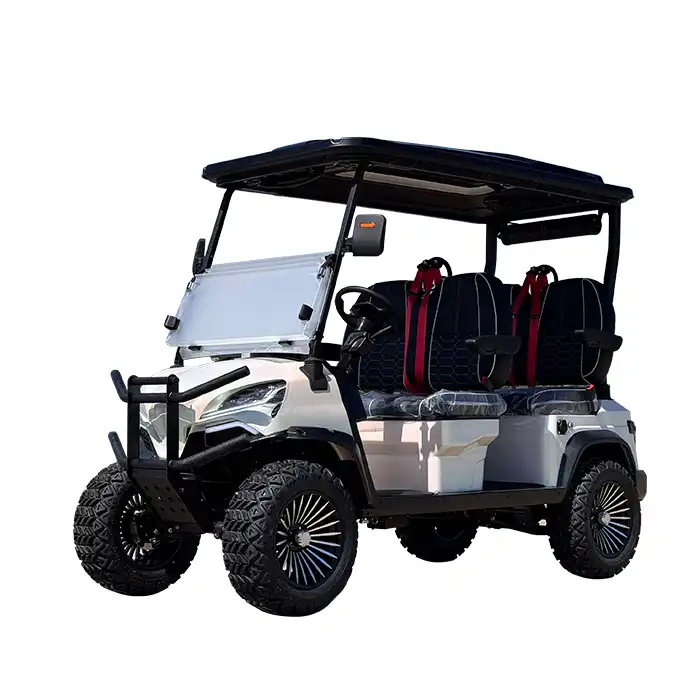- English
- French
- German
- Portuguese
- Spanish
- Russian
- Japanese
- Korean
- Arabic
- Greek
- German
- Turkish
- Italian
- Danish
- Romanian
- Indonesian
- Czech
- Afrikaans
- Swedish
- Polish
- Basque
- Catalan
- Esperanto
- Hindi
- Lao
- Albanian
- Amharic
- Armenian
- Azerbaijani
- Belarusian
- Bengali
- Bosnian
- Bulgarian
- Cebuano
- Chichewa
- Corsican
- Croatian
- Dutch
- Estonian
- Filipino
- Finnish
- Frisian
- Galician
- Georgian
- Gujarati
- Haitian
- Hausa
- Hawaiian
- Hebrew
- Hmong
- Hungarian
- Icelandic
- Igbo
- Javanese
- Kannada
- Kazakh
- Khmer
- Kurdish
- Kyrgyz
- Latin
- Latvian
- Lithuanian
- Luxembou..
- Macedonian
- Malagasy
- Malay
- Malayalam
- Maltese
- Maori
- Marathi
- Mongolian
- Burmese
- Nepali
- Norwegian
- Pashto
- Persian
- Punjabi
- Serbian
- Sesotho
- Sinhala
- Slovak
- Slovenian
- Somali
- Samoan
- Scots Gaelic
- Shona
- Sindhi
- Sundanese
- Swahili
- Tajik
- Tamil
- Telugu
- Thai
- Ukrainian
- Urdu
- Uzbek
- Vietnamese
- Welsh
- Xhosa
- Yiddish
- Yoruba
- Zulu
What Are Street Legal Golf Carts: Requirements & Benefits
Picture this: you're managing a sprawling resort, university campus, or eco-conscious community where traditional vehicles seem excessive for short-distance transportation. The solution lies in street approved golf carts that bridge the gap between recreational vehicles and practical urban mobility. These versatile electric vehicles offer a sustainable, cost-effective alternative that's transforming how we think about local transportation, making them increasingly popular across diverse industries and communities worldwide.
Understanding Street Approved Golf Carts and Legal Classifications
Street approved golf carts, officially known as Low-Speed Vehicles (LSVs) or Neighborhood Electric Vehicles (NEVs), represent a specialized category of electric transportation designed for public road use within specific parameters. Unlike traditional golf carts restricted to private property, these vehicles undergo rigorous modifications and certifications to meet federal and state safety standards for street operation. These vehicles must maintain speeds between 20-25 miles per hour and require proper registration, titling, and insurance coverage including personal injury protection and property damage liability. The legal framework surrounding street approved golf carts varies significantly across jurisdictions, with some states embracing broader acceptance while others maintain stricter limitations. The transformation from standard golf cart to street-legal vehicle involves comprehensive upgrades encompassing safety equipment, performance specifications, and regulatory compliance. Modern street approved golf carts feature advanced electric powertrains, typically ranging from 3.5kW to 7.5kW motors, powered by 48V-72V lithium or lead-acid battery systems capable of traveling 100-150 kilometers on a single charge. These technical specifications ensure reliable performance while maintaining the eco-friendly advantages that make electric vehicles increasingly attractive to environmentally conscious consumers and businesses.
-
Federal Safety Standards and DOT Compliance
The foundation of street legality rests upon compliance with Department of Transportation (DOT) standards and National Highway Traffic Safety Administration (NHTSA) regulations. These comprehensive requirements ensure that street approved golf carts meet minimum safety benchmarks essential for public road operation. Federal standards establish baseline equipment requirements, performance criteria, and manufacturing specifications that serve as the cornerstone for state-level regulations. Street approved golf carts must demonstrate compliance with Federal Motor Vehicle Safety Standards (FMVSS), particularly focusing on lighting systems, braking performance, steering mechanisms, and occupant protection. The certification process involves rigorous testing protocols evaluating vehicle stability, crashworthiness, and electrical system safety. Manufacturers like Shandong Meeko New Energy Tech Inc maintain strict quality control measures, incorporating famous brand components such as Enpower soft-start controllers and DPD electric motors to ensure consistent compliance with these demanding standards. The DOT compliance certification process requires comprehensive documentation demonstrating adherence to safety standards, quality manufacturing processes, and ongoing quality assurance programs. This certification serves as the foundation for state registration and insurance requirements, enabling legal operation on public roads within specified parameters.
Essential Safety Equipment for Street Legal Golf Carts
Street legal golf carts require comprehensive safety equipment including headlights, taillights, brake lights, turn signals, mirrors, windshield, horn, and seatbelts. These safety features transform recreational vehicles into road-worthy transportation capable of safely sharing public streets with conventional vehicles. Modern street approved golf carts incorporate advanced LED lighting systems providing superior visibility and energy efficiency compared to traditional incandescent alternatives. The lighting package includes DOT-compliant headlights with high and low beam functionality, red taillights visible from required distances, amber turn signals with proper flash rates, and reflective materials enhancing visibility during low-light conditions. These comprehensive lighting systems ensure optimal visibility for both operators and other road users, significantly reducing accident risk during street operation. Safety equipment extends beyond lighting to include essential protective components such as laminated safety glass windshields, adjustable mirrors providing adequate rear and side visibility, and DOT-approved seatbelts for all seating positions. Advanced models feature McPherson independent suspension systems, single-stage rack and pinion steering with automatic rocker compensating function, and non-slip rubber floor mats over electrophoresis-treated welded steel plates, ensuring superior handling characteristics and occupant safety.
-
Advanced Braking and Steering Systems
Contemporary street approved golf carts employ sophisticated braking systems exceeding basic stopping requirements to ensure safe operation in diverse traffic conditions. These vehicles must be equipped with efficient brakes, reliable steering apparatus, and safe tires meeting specific performance standards. The braking systems typically feature hydraulic disc brakes providing consistent stopping power, electronic brake-force distribution optimizing braking performance across varying load conditions, and regenerative braking systems that enhance energy efficiency while providing additional stopping power. Steering systems in street approved golf carts utilize precision-engineered components ensuring responsive handling and directional stability. The single-stage rack and pinion steering system with automatic rocker compensating function provides precise control while minimizing operator fatigue during extended operation. These systems incorporate power-assisted steering in higher-end models, reducing steering effort and improving maneuverability in tight spaces commonly encountered in urban environments.
Registration, Insurance, and Operational Requirements
Street approved golf carts require DMV registration and comprehensive insurance coverage, with operational restrictions prohibiting use on sidewalks, bike paths, and roads with speed limits exceeding 35 mph. The registration process mirrors that of conventional vehicles, requiring proof of ownership, safety compliance certification, and payment of applicable fees and taxes. Insurance requirements for street approved golf carts typically include liability coverage protecting against property damage and bodily injury claims, personal injury protection covering medical expenses for vehicle occupants, and comprehensive coverage protecting against theft, vandalism, and weather-related damage. Insurance premiums generally remain significantly lower than conventional vehicles due to reduced speed capabilities, limited operational scope, and enhanced safety features inherent in modern electric vehicle design. Operational restrictions vary by jurisdiction but commonly include limitations on highway access, requirements for designated travel lanes, and restrictions during certain weather conditions. Most jurisdictions permit LSV operation on streets with speed limits of 35 mph or below, though local authorities may enact additional restrictions on specific roadways. Understanding these limitations ensures compliant operation while maximizing the practical benefits of street approved golf cart ownership.
-
State-Specific Regulations and Local Ordinances
State regulations governing street approved golf carts demonstrate significant variation, with some jurisdictions embracing liberal policies encouraging adoption while others maintain restrictive frameworks limiting usage. States like Arizona require specific insurance minimums including $10,000 in property damage liability and $15,000 in personal injury protection, while offering exemptions for certain equipment requirements such as windshields. These variations necessitate careful research and consultation with local authorities to ensure complete compliance with applicable regulations. Local ordinances frequently impose additional requirements beyond state mandates, including designated parking areas, operational time restrictions, and specific route limitations. Many municipalities have embraced street approved golf carts as components of broader sustainability initiatives, implementing supportive policies encouraging adoption while ensuring safe integration with existing traffic patterns. These local regulations often reflect community-specific needs and concerns, requiring ongoing dialogue between stakeholders to balance mobility benefits with safety considerations.
Benefits and Applications of Street Legal Golf Carts
Street approved golf carts offer compelling advantages across diverse applications, from resort and hospitality management to industrial logistics and municipal services. The environmental benefits include zero direct emissions, reduced noise pollution, and decreased reliance on fossil fuels, making them attractive options for environmentally conscious organizations and communities pursuing sustainability goals. Economic advantages encompass lower operational costs compared to conventional vehicles, reduced maintenance requirements, and significant fuel savings. Street approved golf carts typically cost 75% less to operate than comparable gasoline-powered vehicles, with electricity costs averaging $0.03-0.05 per mile compared to $0.15-0.20 per mile for conventional vehicles. These cost savings compound over time, making street approved golf carts increasingly attractive for organizations managing large fleets or individuals seeking economical transportation alternatives. The versatility of modern street approved golf carts enables applications across diverse industries including tourism, education, healthcare, retail, and industrial logistics. Universities utilize these vehicles for campus security patrol, maintenance operations, and student transportation. Healthcare facilities employ them for patient transport, equipment delivery, and facility maintenance. Retail centers use street approved golf carts for customer assistance, property maintenance, and security operations.
-
Environmental and Sustainability Impact
Street approved golf carts contribute significantly to environmental sustainability through reduced carbon emissions, decreased air pollution, and minimized noise impact on surrounding communities. Electric powertrains eliminate direct emissions, while the quiet operation reduces noise pollution in residential and commercial areas. The environmental impact extends beyond operational benefits to include reduced infrastructure requirements, as these vehicles require less robust road surfaces and parking facilities compared to conventional automobiles. The sustainability benefits align with broader environmental initiatives embraced by organizations worldwide. Many companies integrate street approved golf carts into comprehensive sustainability programs, using these vehicles to demonstrate environmental commitment while achieving practical operational benefits. The combination of environmental responsibility and economic efficiency makes street approved golf carts attractive components of corporate sustainability strategies.
Conclusion
Street approved golf carts represent a practical, sustainable solution for short-distance transportation needs across diverse applications. Understanding legal requirements, safety standards, and operational benefits enables informed decision-making for organizations and individuals considering these versatile electric vehicles.
Cooperate with Shandong Meeko New Energy Tech Inc.
Since 2015, Shandong Meeko New Energy Tech Inc. has established itself as a premier China street approved golf carts manufacturer, serving global markets through comprehensive OEM services, competitive pricing, and rapid delivery capabilities. Our mature technical team designs customized street approved golf carts meeting specific requirements, while our responsible after-sales team ensures ongoing support throughout the product lifecycle.
As a leading China street approved golf carts supplier and China street approved golf carts factory, we offer diverse manufacturing capabilities enabling personalized design services for various styles, colors, batteries, wheels, and seating configurations. Our High Quality street approved golf carts feature competitive street approved golf carts prices, making professional-grade vehicles accessible to distributors and individual buyers worldwide.
Contact us at sales@mingkomach.com to discover our comprehensive range of street approved golf carts for sale. Visit our booth at major industry exhibitions or bookmark this page for future reference when exploring China street approved golf carts wholesale opportunities. Let's collaborate to bring sustainable transportation solutions to your market with our proven expertise and international sales experience.
References
1. "Low Speed Vehicle Regulations and Safety Standards" - National Highway Traffic Safety Administration - Department of Transportation Safety Guidelines
2. "Electric Vehicle Compliance and Certification Procedures" - Society of Automotive Engineers - Technical Standards for Low Speed Vehicles
3. "State Motor Vehicle Laws Governing Golf Cart Operations" - American Association of Motor Vehicle Administrators - Regulatory Compliance Manual
4. "Safety Requirements for Neighborhood Electric Vehicles" - Insurance Institute for Highway Safety - Vehicle Safety Research Division
Learn about our latest products and discounts through SMS or email



